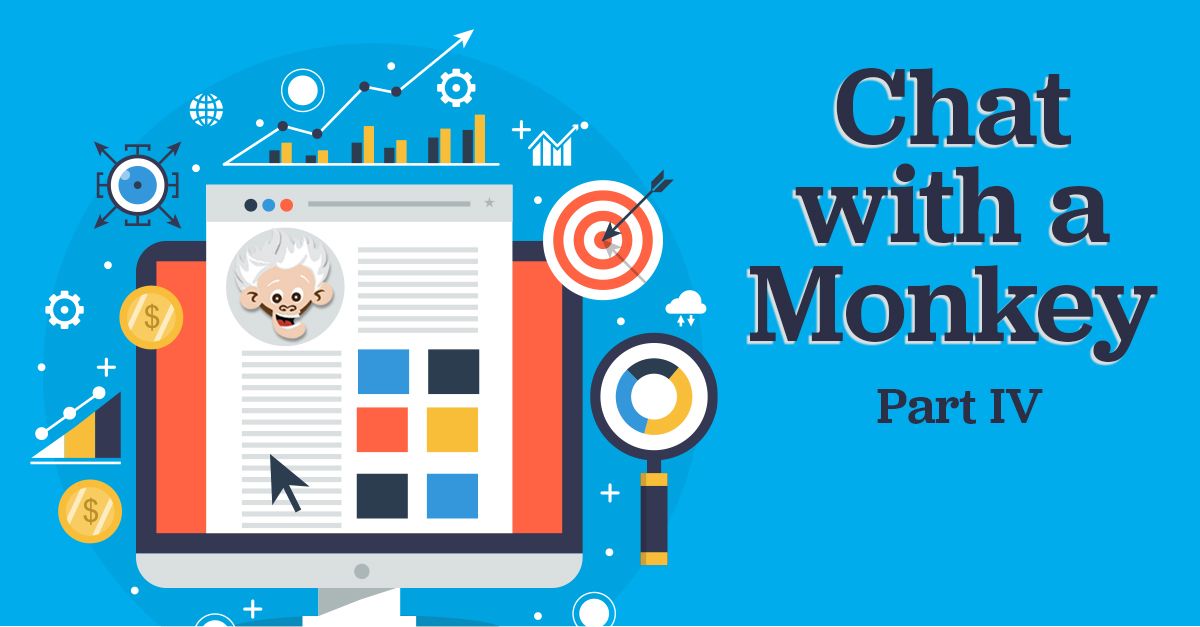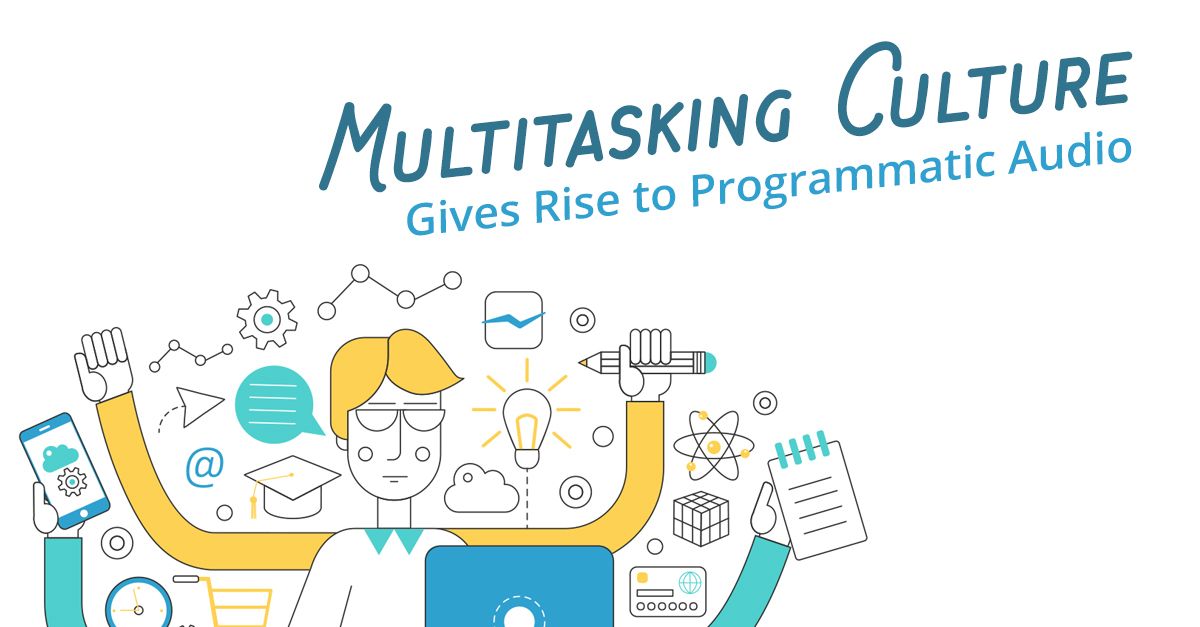
In the last blog (Part 3) we discussed the sources from which we gather data here at Genius Monkey. From credit card companies to grocery stores, they are collecting data in order to better serve you the ads and discounts you may be looking for.
Monitoring your credit through Experian offers the same thing, and when we look at things like free email providers, within the terms and conditions of you signing up for that free email, you’re saying, “I agree to allow you to market to me, for products or services, for yourself, Google, AOL what have you.” Just a little further context on that, as well; it is really critical to understand the language that we use when we talk about weaving those contextual keywords within the body of that email.
Genius monkey, through these third parties, is recognizing that the profile ID that represents Laurie, let’s say, is in the market for a new truck. It’s not really Laurie that is in the market for a new truck, it’s her profile ID that represents her, and it’s really critical that we maintain that privacy wall. In fact, that’s really what got Zuckerberg in trouble, as Facebook was NOT maintaining that privacy wall.

In general, people don’t mind being targeted. In fact, 84% of the people polled said that they are not bothered by these companies using this data to serve them ads, if it means that they’re serving more relevant ads. As consumers, we want to be informed. We, as purchasers, want help in making our decisions.
If you’ll recall, in last week’s blog we mentioned that, in the automotive business, for example, 75% of shoppers are changing their minds from their original purchase plans to something that would be a better fit for them. That means that three out of four people are up for grabs, so as a marketer, why wouldn’t you want to swoop in there and take that business?
How do we maximize our clients’ ad-spend to the fullest? This is where our media device agnostic approach comes in, because most companies are going to serve through a single network, exchange or DSP. For us, what we found is that we can serve through multiples and create competition for your marketing dollars. In fact, in our particular case we essentially serve through all of them and optimize towards what is working.

To iterate why this is so important, let’s break this down in terms of its practicality. A company like Fox News, for example, has an untold number of impressions to offer, and there’s no way that they’re going to offer those through a single channel. Rather, they’re going to have literally dozens of channels whereby they offer those impressions. Not all of those deals are negotiated equally and they can change, but even moreso, demand and supply within each one of those channels is going to fluctuate.
This obviously causes an impact to the class, so by making sure that we tap into all the various networks and exchanges, we bring that into a single point through a proprietary algorithm which we refer to as Omni Monkey. What we’re able to do with this is make sure that we always have the most cost-effective and direct route to the impressions that we’re after, to the target audience that we’re after, thereby reducing our costs, and passing the savings on to you, the marketer.




